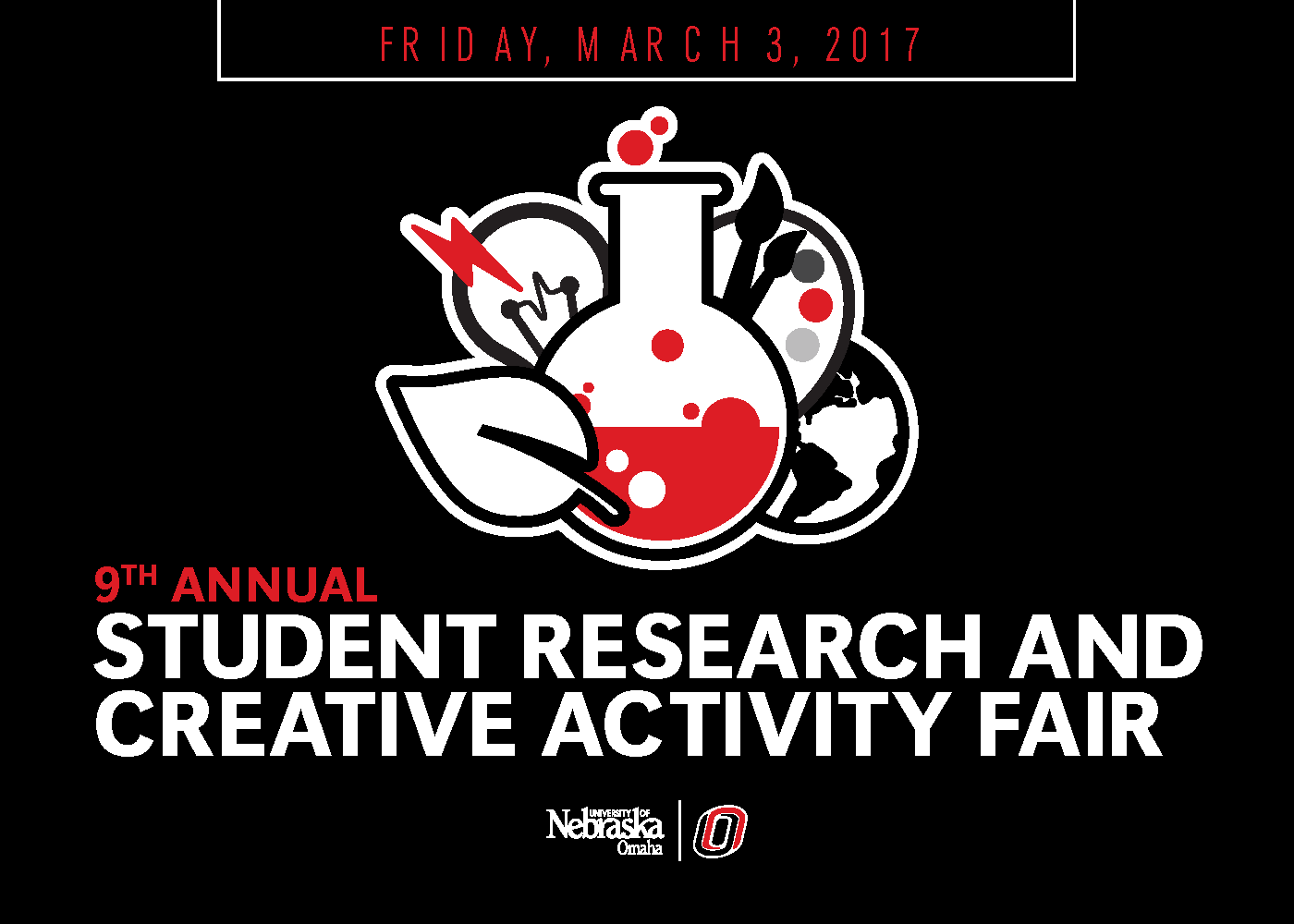
Advisor Information
Roni Reiter-Palmon
Location
UNO Criss Library, Room 231
Presentation Type
Oral Presentation
Start Date
3-3-2017 11:15 AM
End Date
3-3-2017 11:30 AM
Abstract
Creativity has gained increasing research attention with focuses on key individual differences and cognitive processes. Creativity is the production of novel and useful ideas, solutions, or products. There are many factors that can influence creativity, but two well-researched constructs are divergent thinking and intelligence. Both divergent thinking and intelligence have been shown to have a positive relationship with creativity. What is less known is how these factors operate to influence creative performance. To examine the possible mechanism by which these factors influence creativity, we utilize a cognitive process model; specifically examining problem construction. Problem construction is the process of defining the goals and objectives to better structure the problem-solving efforts. Previous research has indicated there is a positive relationship between engagement in problem construction and creative performance. However, the research has not examined how individual differences that are commonly associated with increased creativity may exert influence through this problem construction process. To explore the possible indirect effects of intelligence and divergent thinking on solution originality and quality, we conducted mediation analyses using a student sample from a Midwestern university. Participants completed two rounds of creative problem-solving tasks involving active engagement in problem construction. A pattern of results indicated that the problem restatement quality and originality fully mediated the relationship between divergent thinking ability and solution quality and originality. Less support was found in the pattern of results concerning intelligence. This research offers an initial examination of one potential mechanism by which divergent thinking and intelligence influence creative performance.
Unpacking divergent thinking and intelligence: How factors influence creative performance
UNO Criss Library, Room 231
Creativity has gained increasing research attention with focuses on key individual differences and cognitive processes. Creativity is the production of novel and useful ideas, solutions, or products. There are many factors that can influence creativity, but two well-researched constructs are divergent thinking and intelligence. Both divergent thinking and intelligence have been shown to have a positive relationship with creativity. What is less known is how these factors operate to influence creative performance. To examine the possible mechanism by which these factors influence creativity, we utilize a cognitive process model; specifically examining problem construction. Problem construction is the process of defining the goals and objectives to better structure the problem-solving efforts. Previous research has indicated there is a positive relationship between engagement in problem construction and creative performance. However, the research has not examined how individual differences that are commonly associated with increased creativity may exert influence through this problem construction process. To explore the possible indirect effects of intelligence and divergent thinking on solution originality and quality, we conducted mediation analyses using a student sample from a Midwestern university. Participants completed two rounds of creative problem-solving tasks involving active engagement in problem construction. A pattern of results indicated that the problem restatement quality and originality fully mediated the relationship between divergent thinking ability and solution quality and originality. Less support was found in the pattern of results concerning intelligence. This research offers an initial examination of one potential mechanism by which divergent thinking and intelligence influence creative performance.
